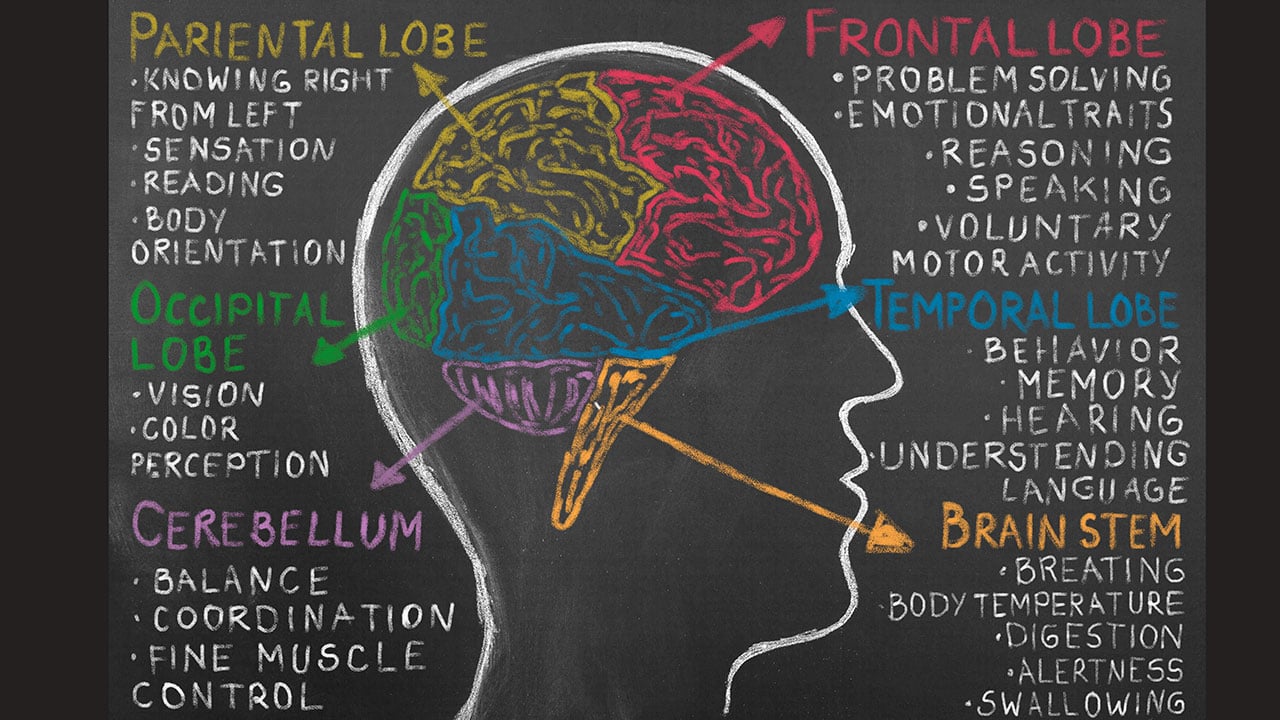Optimizing Brain Function: Key Strategies for Wellness

Optimizing Brain Function: Key Strategies for Wellness
Maintaining optimal brain functionality is essential for overall well-being. Implementing key strategies and lifestyle habits can significantly contribute to the health and vitality of your brain. In this article, we’ll explore effective approaches to optimize brain function and promote long-term cognitive wellness.
Nourishing Your Brain with a Healthy Diet
A well-balanced and nutrient-rich diet is fundamental to supporting brain health. Foods rich in omega-3 fatty acids, antioxidants, vitamins, and minerals contribute to cognitive function and may help protect the brain from age-related decline. Prioritize a diet that includes fatty fish, fruits, vegetables, nuts, and whole grains to nourish your brain.
Staying Hydrated for Cognitive Performance
Hydration plays a crucial role in maintaining optimal brain function. Dehydration can impair concentration, memory, and overall cognitive performance. Ensure you stay adequately hydrated throughout the day by drinking plenty of water. Limiting caffeine and alcohol intake can also contribute to better hydration levels.
Regular Exercise: A Workout for the Brain
Physical exercise not only benefits the body but also enhances brain functionality. Regular aerobic exercise increases blood flow to the brain, promoting the growth of new neurons and supporting overall cognitive health. Aim for at least 150 minutes of moderate-intensity exercise per week to reap the cognitive benefits.
Quality Sleep for Cognitive Restoration
Adequate and quality sleep is vital for cognitive restoration. During sleep, the brain consolidates memories, processes information, and supports overall cognitive function. Establish a consistent sleep routine, create a comfortable sleep environment, and prioritize getting 7-9 hours of sleep each night for optimal brain health.
Mindfulness and Stress Management
Chronic stress can negatively impact brain function and contribute to cognitive decline. Mindfulness practices, such as meditation and deep breathing exercises, can help manage stress levels and promote overall mental well-being. Incorporating these practices into your routine supports a healthier brain.
Continuous Learning and Mental Stimulation
Engaging in continuous learning and mentally stimulating activities helps keep the brain active and agile. Whether it’s learning a new skill, solving puzzles, or participating in intellectually challenging activities, stimulating the brain regularly contributes to cognitive reserve and may protect against cognitive decline.
Social Connections and Brain Health
Maintaining social connections is beneficial for brain health. Social interaction and meaningful relationships contribute to emotional well-being and may have cognitive benefits. Stay connected with friends, family, and community to support both your mental and brain health.
Limiting Toxins and Protecting Brain Health
Avoiding exposure to harmful substances, such as excessive alcohol, tobacco, and environmental toxins, is crucial for protecting brain health. These substances can have detrimental effects on cognitive function and may contribute to the risk of neurodegenerative disorders.
Seeking Professional Guidance for Cognitive Health
Regular check-ups with healthcare professionals, including cognitive assessments as part of routine examinations, are essential for monitoring brain health. If you notice changes in cognitive function or experience persistent concerns, seeking professional guidance allows for early intervention and appropriate management.
Explore More about Brain Functionality at Oofamily.com
For additional insights and resources on optimizing brain







